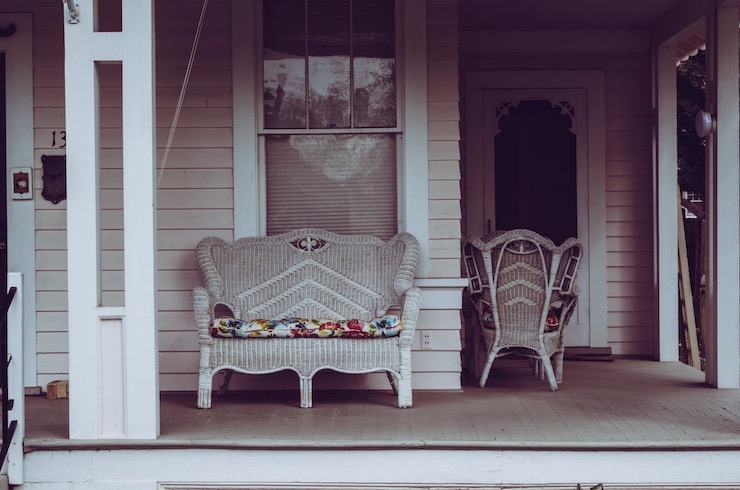
There’s a new kind of thief stalking American homes in ever-growing numbers: the porch pirate. In some cities like New York, it’s an epidemic. An estimated 90,000 packages are stolen every day by unscrupulous individuals that follow delivery vans around the city, scooping up packages placed on porches while the residents aren’t home. The thieves scurry away, often undetected – except perhaps, briefly, by a doorbell camera, but they’re rarely apprehended.
Last week, law enforcement in one US city caught a break: an eyewitness reported a porch package theft, with a description of the perpetrator; police launched a drone and managed to track the suspect to a storm drain, and after sending in a police dog, the suspect decided to surrender peacefully.
While only a small portion of successful criminal apprehensions with police drones currently involve porch pirates, law enforcement is aware of the need for a faster response to such incidents as they continue to escalate. But it could be that the best way to address the issue is on the front end – in the way that packages are delivered. In fact, some experts believe that drones could also play a role not just in responding to porch piracy — and nabbing perpetrators – but also in preventing – or at least, in discouraging – the crime by ensuring that deliveries are more carefully monitored and managed.
While package deliveries by drone are still in their infancy in several dozen cities nationwide, there are plans for a dramatic expansion that could see hundreds of thousands of retail drone deliveries occurring by the year 2025. Drone delivery has many advantages over existing road delivery systems – shorter delivery times, improved accessibility to remote residential areas, and reduced carbon emissions, among them. But the mode of delivery is also more secure: the delivery day and time are arranged with a customer in advance and the customer’s receipt of the package is monitored and verified. In addition, many retail drone deliveries are supported by a handler from the delivery company who arrives at the client’s home to guide the package delivery to the ground and to make the customer hand-off in person. No packages are ever left unattended for hours, let alone days. As a result, the opportunities for porch piracy are few.
Amazon, Walmart, UPS and other companies are eager to expand their retail deliveries once they receive expanded authorization from the FAA to do so. To date, only several thousand small package deliveries have been made nationwide – mostly by Walmart, with its partner, Drone-Up, in states like Virginia, Texas and Arkansas. The deliveries are made one customer and one order at a time. The entire process is carefully orchestrated, tracked digitally by a computer, and visually monitored, albeit remotely. If drone deliveries continue to be made in this fashion, and more customers come to rely on drones rather than on road vehicles, package security might well be increased – substantially.
But will they? Retailers like Amazon are not only anxious to expand the number of their deliveries but also their scope and scale. In an ideal scenario, a single remote operator might manage an entire fleet of drones capable of delivering packages from multiple sources to multiple recipients, pausing briefly at each stop to drop their cargo, before continuing to make their rounds. What will happen to the ground handlers? They’ll no longer be needed. And formal sign-off from the customer, verifying delivery, might not be needed, either. Which means the problem of porch piracy might raise its ugly head – again.
One possible solution is to create more secure drop-off points, either at the home or at nearby stores or community-based locations. Some medical supply companies like Matterhorn in Europe use large delivery bins into which a drone releases its cargo from above. The bins are locked and require controlled key access to be opened. There’s an additional cost involved that might be factored into the delivery fee or assumed by the retailer. But there’s a downside for the consumer: The relative convenience of a point-to-point delivery service would be lost.
Another possibility might be the use of an electronic monitoring system that would not allow the dropped package to be moved – or its plastic casing to be opened – by anyone but the customer, lest it sound an alarm, triggering an automatic theft report to the delivery drone and to company headquarters. The customer would be issued a code to disable the alarm when retrieving the package.
Delivery thefts, while rarely reported to police, are incredibly common. In 2022 alone, a whopping 79% of Americans fell victim to porch pirates, and more than half had more than one package stolen from their doorstep. Currently, the annual amount of loss due to porch piracy is close to $20 million. With so few drone deliveries now occurring, there hasn’t been much attention focused on this issue. But it’s clearly there, waiting to be addressed, as the retail sector expands to its full potential.
